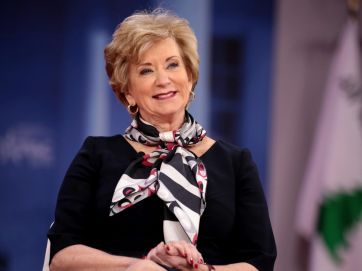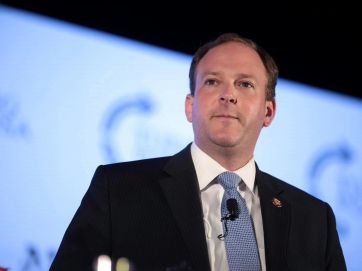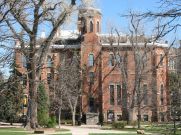Harry Boyte has condemned the violent student riot at Middlebury College.
Boyte is the founder and leader of the Public Achievement movement and a major figure in grassroots political activism for progressive causes. His column this week in the Huffington Post censures the violent student rioters at Middlebury College who prevented Charles Murray from speaking and injured Professor Alison Stanger. Boyte’s condemnation strongly reinforces the growing awareness among academics that they need to stand up for tolerance and free speech against leftist violence. Because Boyte is an important figure in modern higher education, his censure of the violence at Middlebury is important too.
Boyte writes that “Whatever one’s views of Murray, the student actions recalled the mob violence across the South which I often saw as a young man in the civil rights movement working for Martin Luther King’s organization, the Southern Christian Leadership Conference (SCLC).” He adds that “Free speech is a crucial value for education.” These are truths that need saying.
Boyte joins a growing number of critics of the Middlebury protests from across the political spectrum. Conservatives such as Robby George have condemned the Middlebury violence, and so have liberals such as New York Times columnist Frank Bruni, broad membership organizations such as the American Political Science Association, and more than 100 professors at Middlebury itself. What sets Boyte apart is his long history as a movement activist. Boyte fought with King for Civil Rights and spent long years campaigning for socialism, and he speaks with authority when he says that leftist activists must never embrace violence—and should be condemned when they do.
Boyte attributes some responsibility for the violence in Middlebury to “a Manichean formula for making change: find an enemy to demonize, use a script that defines the issue in good-versus-evil terms, inflames emotion, and shuts down critical thought, and convey the idea that those championing the victims will come to the rescue.” Boyte traces this Manichean formula to “the environmental group Citizens for a Better Environment in 1974 for what is called the canvass. The canvass involves paid staff going door to door on an issue, raising money, and collecting signatures. Over the past four decades many canvass operations have developed, including the Public Interest Research Group (PIRG) network on college campuses.”
Boyte used to defend the canvass method, but now he is unhappy with the consequences of using it as a model. “The Manichean model of the canvass polarizes public life and unravels common citizenship by communicating politics as warfare.”
NAS and Harry Boyte agree about the most important issue in higher education right now—that free speech is a crucial value for education, and that mob violence is unjustifiable and unacceptable.
Boyte is a courageous veteran of the Civil Rights Movement—and he states clearly that the Middlebury student riot reminded him of the violent defenses of the Jim Crow South. The NAS admires the clarity of Boyte’s vision. He has acted as a model citizen in condemning the Middlebury riot.
Image Credit: Harry Boyte.













